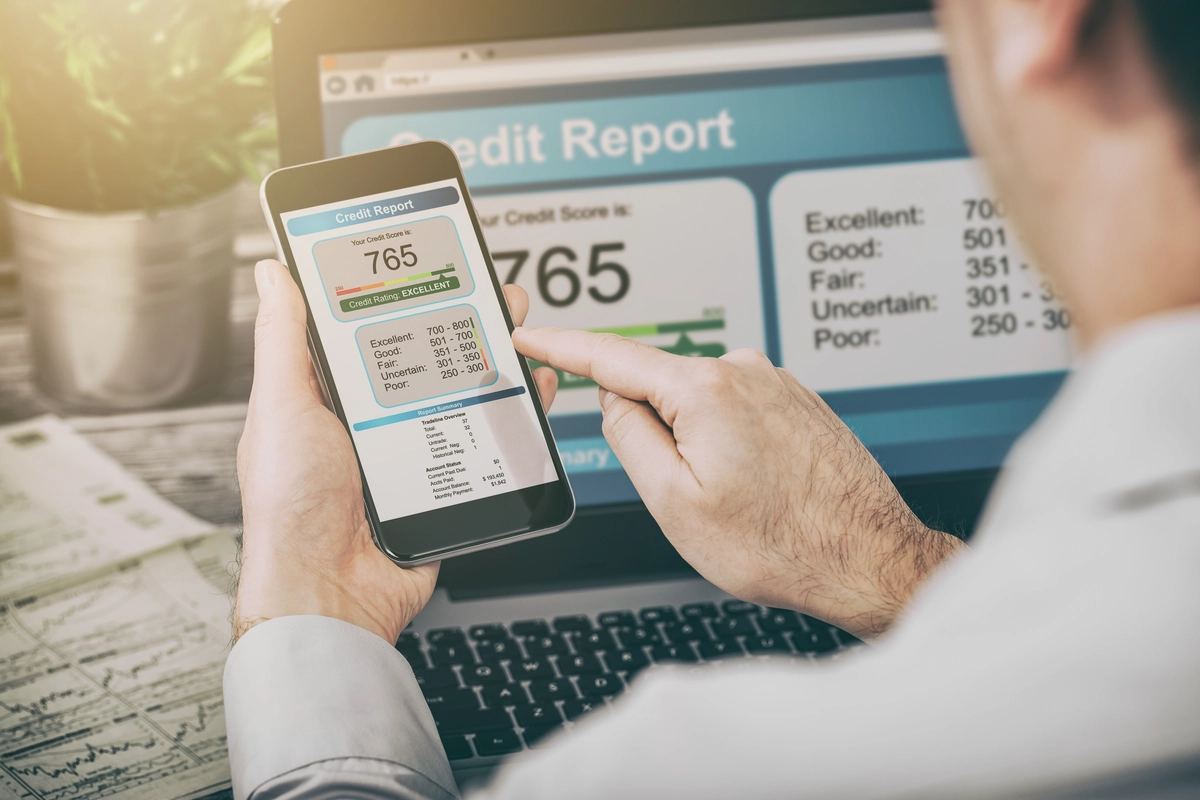Is the All-Powerful Credit Score Reliable Post-Covid?
So, what is a credit score?
A credit score is a number that reflects how much money you have borrowed, the way you use credit, and your history of paying off any loans and credit cards.
This is calculated based on many sources of information, including:
- Your details like your age, income, and living arrangements.
- Financial information like how many loans and credit cards you have.
- Your bill-paying history for expenses like energy and phone bills.
While your credit score is a record of positive information, such as your track record making repayments on time and in whole, it also includes negative information such as late payments, court adjudications, bankruptcies, and insolvencies.
All in all, the higher the score, the better and the more likely lenders will be to approve loan or credit card applications you might make. The lower the score, the riskier you will be perceived by lenders, making them less inclined to support your application for a loan, which is why having a high credit score is essential.
COVID-19 Effects on Consumer Finances

The pandemic has struck U.S. consumer finances and attitudes in a significant way. Furloughs and layoffs turned the financial health of some households upside down, and ever-changing circumstances produced market buoyancy. This, in turn, ignited a rush to liquidity as consumers shifted funds to keep more cash on hand. Even financial incentives designed to push spending have inspired many households to save and pay off debt.
However, the level of impact and consumers’ ultimate change in behaviors relied on their affluence levels. Therefore, as marketers consider their future strategies and investments, they must ultimately learn what their customers have experienced since the pandemic’s start.
The Federal Reserve warns that credit scores may have gotten less dependable during and after the coronavirus pandemic. A credit score is an all-powerful number that can decide if a consumer can qualify for a loan, rent a home, or even buy car insurance.
Scores for homeowners who took precedence of payment relief on their mortgages increased an aggregate of 14 points over the progression of the pandemic. That was an even more significant increase than the seven-point rise observed between borrowers that did not exercise restraint on their loans.
Banks and other financial firms employ credit score searches to discover consumers’ readiness and capacity to pay their loans. Nonetheless, the firms that produce the figures known as credit scores have long endured objection from consumers and advocates who believe that it is not apparent what data they use to determine the numbers or what can be arranged to boost them.
During the coronavirus pandemic, unemployment rates surged through the roof; mortgage lenders began a barge of tolerance benefits to borrowers that enabled them to delay payments for as long as 18 months. The Fed determined that approximately 13 percent of mortgage borrowers were in forbearance state for at least a month over the past year.
One thing to always keep in mind is that credit scores may be less informative than they should be. Although they are a potent tool for lenders to identify creditworthy borrowers, the protection of the forbearance programs may cause some muddling.
Additionally, it is not just credit scores suffering a loss of power. Still, the central bank had come out to state that about 8 percent of borrowers were already behind on their mortgages when they entered forbearance. After taking relief, the large majority were listed as current on their loans. As a result, credit bureau tools of mortgage default must be observed.
What Can You Do?
People enduring financial hardships may be questioning how likely late, or reduced payments may impact their credit scores. Follow these best practices to help minimize the impact of Coronavirus on your credit standing:
- Talk to your lenders and creditors to see if any assistance is available.
- Pay what you can.
- Try to avoid late payments.
- Try to make at least the minimum payment on accounts or pay any amount you and the lender or creditor agree upon.
- Stay up to date on your credit reports.
It is always important to stay up to date on your credit reports and make sure you examine them regularly. Sometimes, you may be able to find small mistakes here and there that may, in fact boost your score high.
There are several ways that you can do this. By simply accessing your credit report, you can skim through your information and gather all the needed data.



